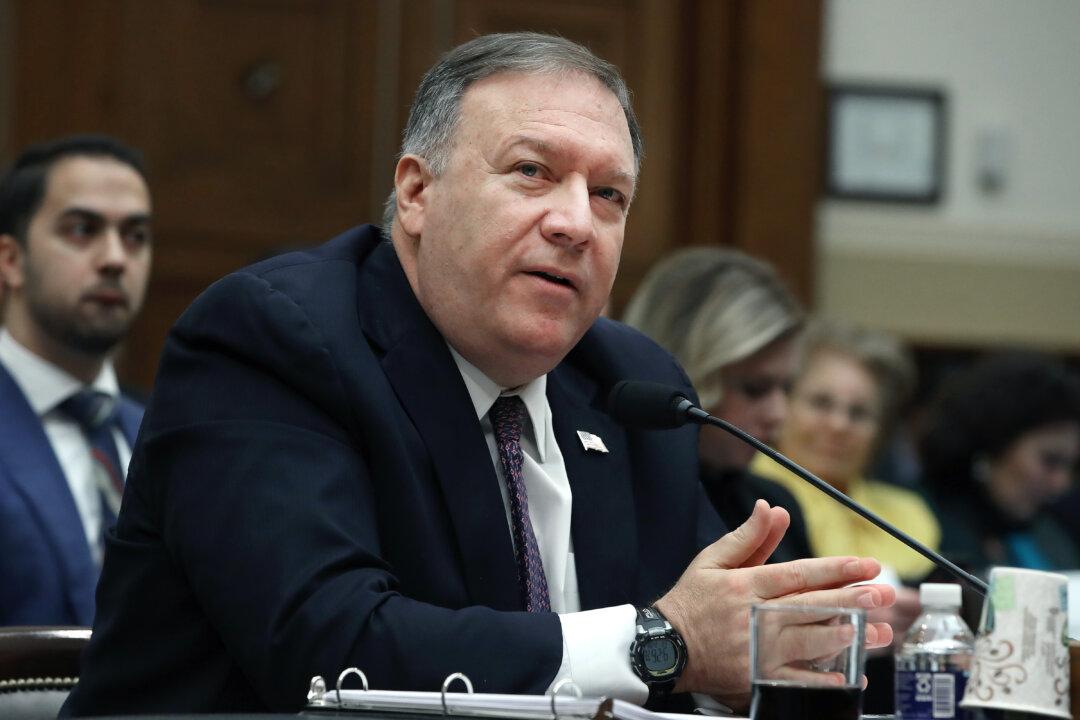President Donald Trump will in the coming days move to address a range of national security threats posed by apps linked to the Chinese Communist Party (CCP), including TikTok, according to Secretary of State Mike Pompeo.
Trump told reporters aboard Air Force One on July 31 that he will ban TikTok in the United States as soon as Aug. 1, but the White House has made no announcements on the matter as of the afternoon of Aug. 2.





